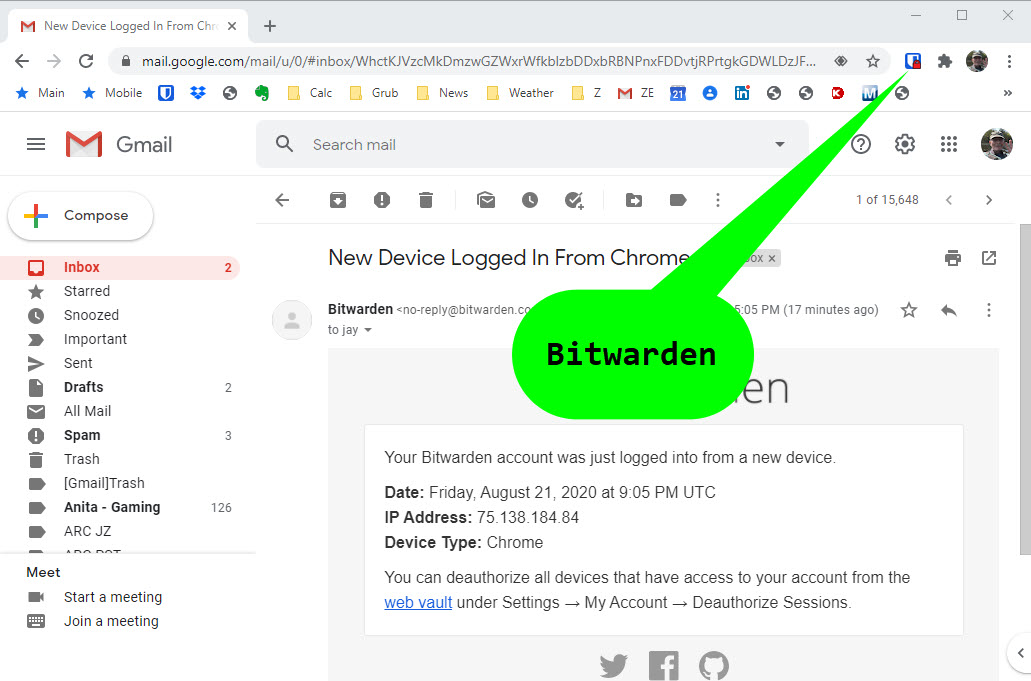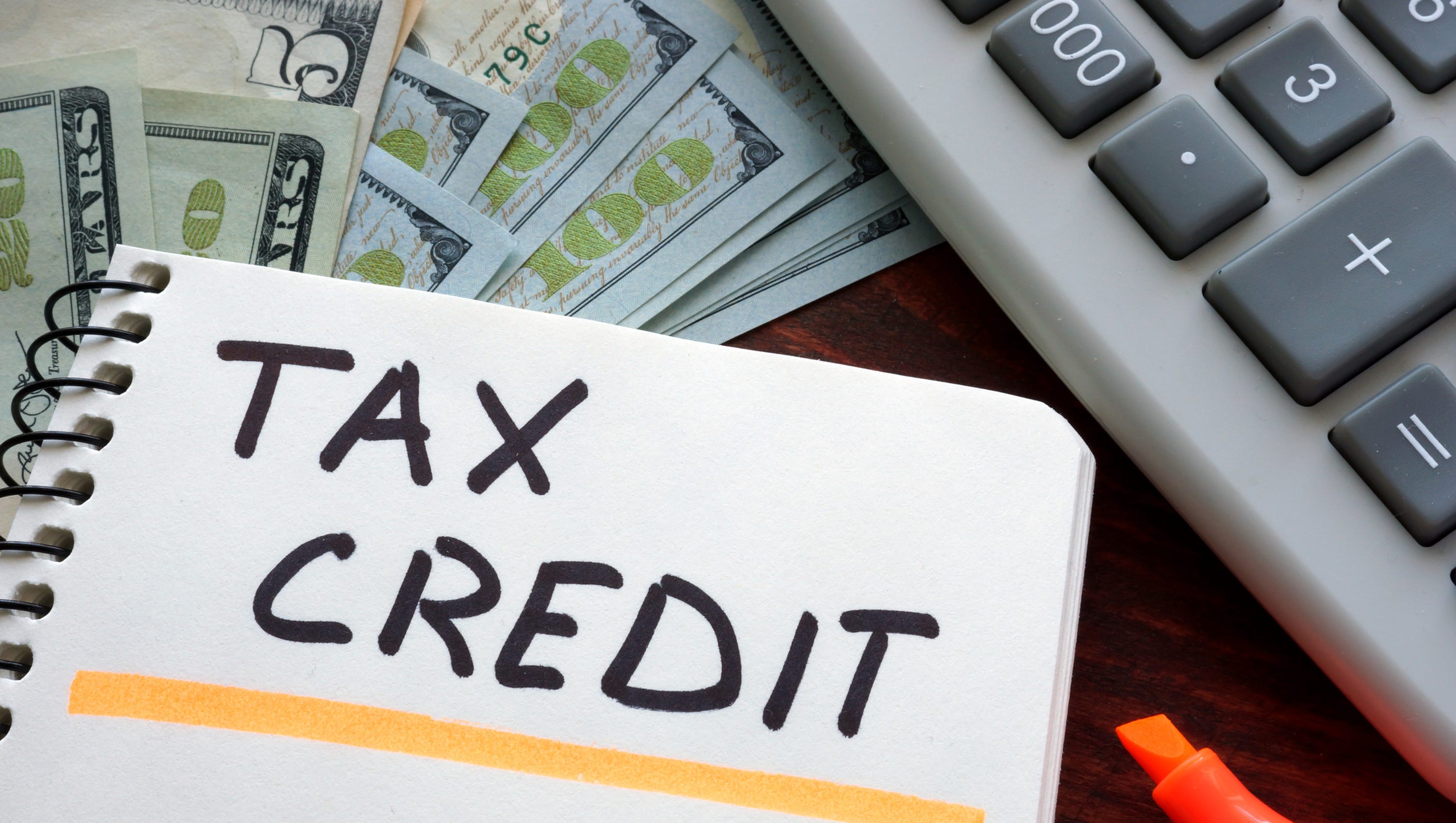
- HOW TO STAY LOGGED IN ON BITWARDEN HOW TO
- HOW TO STAY LOGGED IN ON BITWARDEN FULL
- HOW TO STAY LOGGED IN ON BITWARDEN PASSWORD
HOW TO STAY LOGGED IN ON BITWARDEN PASSWORD
If, for some reason, a site won't let you do that, it's still better to use a random string of letters (created by your password manager) than to come up with your own.ĭon't use actual words. Add numbers and symbols into your passwords. Use all sorts of characters (not just letters). Remember, if a password is leaked, it's leaked for every account you use it on, not just the account that was breached. Use different passwords for every account. Ideally, that's at least 16 characters, but some websites have odd password rules that you'll have to follow. Make your passwords as long as the site will allow. For any site where you're still using your middle name (or the word password), go into your password manager and have it come up with a new one for you. The best password manager will do most of the heavy lifting for you when it comes to password best practices, but it's still worth keeping a few things in mind for the times when you do create your own passwords: It also means any hackers would need an additional step to get to your passwords. That might still be in the cloud (like in a cloud storage app), but it's up to you, so you have more control. All the apps on this list use cloud storage.Ī password manager with a local file means that the vault is stored.wherever you want. The benefit here, of course, is that it can work across all your devices, so you can use the same system on your computer as you do on your phone or tablet (and you can even access your passwords on someone else's device). There are two different flavors of password manager, though.Ī password manager with cloud storage means that all your data is stored in the cloud. In order to access all this, they have you use one master password (or a passkey). They automatically (or almost automatically) fill in your passwords whenever there's a login box on a website that you have a password stored for. They create an encrypted file (or vault), where they store all of your passwords.Įvery time you sign up for a new account, they create a strong, unique password for it. Password managers all work in more or less the same way: In terms of online security, password managers can be life-changing. It gives you access to other security features like two-factor authentication, without having to worry about downloading extra apps or having your cell phone nearby. It alerts you if you have reused passwords across your various accounts.
HOW TO STAY LOGGED IN ON BITWARDEN HOW TO
It detects weak passwords and offers suggestions for how to make them stronger. It sends you data breach notifications, telling you to change your passwords if they've been compromised. It fills your passwords in automatically when you go to log in to your online accounts. It automatically creates strong and unique passwords that are more secure than the "clever" algorithms the human brain comes up with. All you have to do is remember a single master password, and it takes care of the rest:

Password managers fix a lot of the problems with passwords for you.

That same Dashlane report found that the average internet user has 240 online accounts that require a password, and that more than 50 percent of passwords around the world are reused. And if you're anything like me, that's a lot of passwords. If you can't trust that your carefully thought-up, long, complex password-because you do use a long, complex password, right?-is secret, the only way to stay secure online on most websites is to use a long, complex, and unique password for every single online account you have. Protecting your passwords means protecting you (and your company) against unauthorized access and harmful attacks-and keeping all your information private.

If you've reused a password on multiple sites, those hackers now have access to those other accounts too. The immediate effect is that hackers have your password for a certain website, but what's worse is that all of those passwords wind up on lists that other hackers can find or purchase. According to Dashlane, nearly 20 percent of passwords in North America are compromised. And every time there's a data breach with a company, passwords get exposed.
HOW TO STAY LOGGED IN ON BITWARDEN FULL
The 4 best password managersĭashlane for a full internet security toolĭata breaches are way more common than you'd think. So I spent a few extra days testing every viable password manager on the market, and here are the four best. It's safe to say, this is a category that I care a bit too much about. I've advocated for password managers at every opportunity I've had, and even convinced some of my family members to start using them. in Psychology on the underlying reasons people can't recognize secure passwords. As a tech journalist, I've been covering password security for almost a decade.


 0 kommentar(er)
0 kommentar(er)
